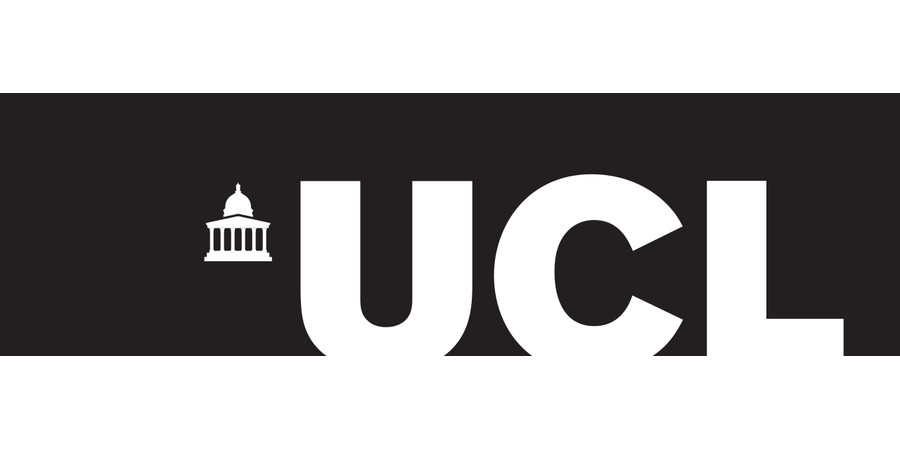Senior Research Technician
UCL - Department of Neurodegenerative Disease
| Location: | London |
|---|---|
| Salary: | £43,124 to £51,610 |
| Hours: | Full Time |
| Contract Type: | Fixed-Term/Contract |
| Placed On: | 20th January 2025 |
|---|---|
| Closes: | 2nd February 2025 |
| Job Ref: | B02-08236 |
About us
The Department of Neurodegenerative Disease is recognised as internationally leading in the study of neurodegenerative diseases causing dementia and related disorders.
Based in the Department is the UCL Huntington’s Disease Centre, uniquely positioned worldwide to translate mechanistic insights into ‘first in human’ studies. The Centre combines sophisticated cell-based systems with rigorously standardised preclinical target validation to prime mechanistically driven drug development initiatives. It integrates clinical and laboratory work with small proof-of-concept first in patients in the Leonard Wolfson Experimental Neurology Centre (LWENC) prior to initiating larger phase 2 and 3 clinical trials including novel huntingtin-lowering trials.
About the role
We are seeking a Senior Research Technician to join Dr Michael Flower and Professor Sarah Tabrizi’s research group at the Huntington’s Disease Centre. The project focuses on the role of repeat instability and DNA repair in Huntington’s disease (HD) pathogenesis. You will culture stem cells from HD patients, differentiate them into striatal neurons, and treat them with novel therapeutics to modulate DNA repair gene expression. Additionally, you will isolate extracellular vesicles from HD patient biofluids, including CSF and blood, and assess DNA repair activity and CAG repeat instability.
The role is available from 01 March 2025 and is funded by the Cure Huntington’s Disease Initiative (CHDI) Foundation until 28 February 2027 in the first instance.
For a full job description and to apply for this role please visit UCL’s online recruitment portal (https://www.ucl.ac.uk/work-at-ucl/search-ucl-jobs) and search using vacancy reference B02-08236.
About you
You will have an Honours degree (minimum 2:1) in biological science or a related discipline, along with extensive experience in experimental laboratory research. A background in cell culture and molecular biology is also required for this role.
This role meets the eligibility requirements for a skilled worker certificate of sponsorship or a global talent visa under UK Visas and Immigration legislation. Therefore, UCL welcomes applications from international applicants who require a visa.
What we offer
As well as the exciting opportunities this role presents, we also offer great benefits; visit https://www.ucl.ac.uk/work-at-ucl/reward-and-benefits to find out more.
We will consider applications to work on a part-time, flexible, and job share basis wherever possible.
This appointment is subject to UCL Terms and Conditions of Service for Research and Professional Services Staff. Please visit https://www.ucl.ac.uk/human-resources/conditions-service-research-teaching-and-professional-services-staff for more information.
Our commitment to Equality, Diversity and Inclusion
As London’s Global University, we know diversity fosters creativity and innovation, and we want our community to represent the diversity of the world’s talent. 12% of Institute staff are actively working on EDI initiatives; visit https://www.ucl.ac.uk/ion/equality-diversity-inclusion for more information about what we’re doing. We therefore particularly encourage applications from candidates who are likely to be underrepresented in UCL’s workforce; these include people from Black, Asian and ethnic minority backgrounds, disabled people, LGBTQI+ and gender diverse people in all roles, and women in Grade 9 and 10 roles.
Customer advert reference: B02-08236
Advert information
Type / Role:
Subject Area(s):
Location(s):









